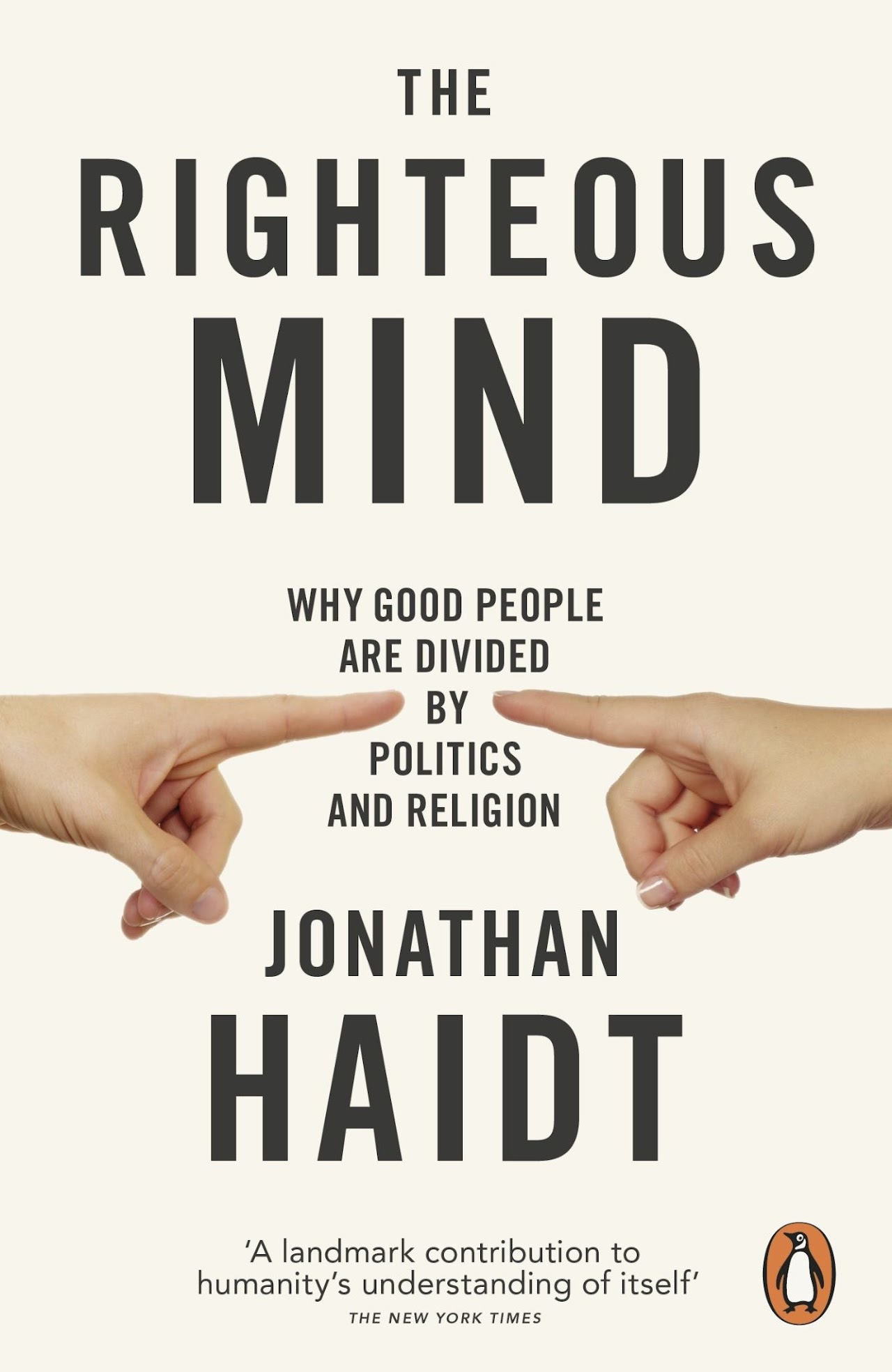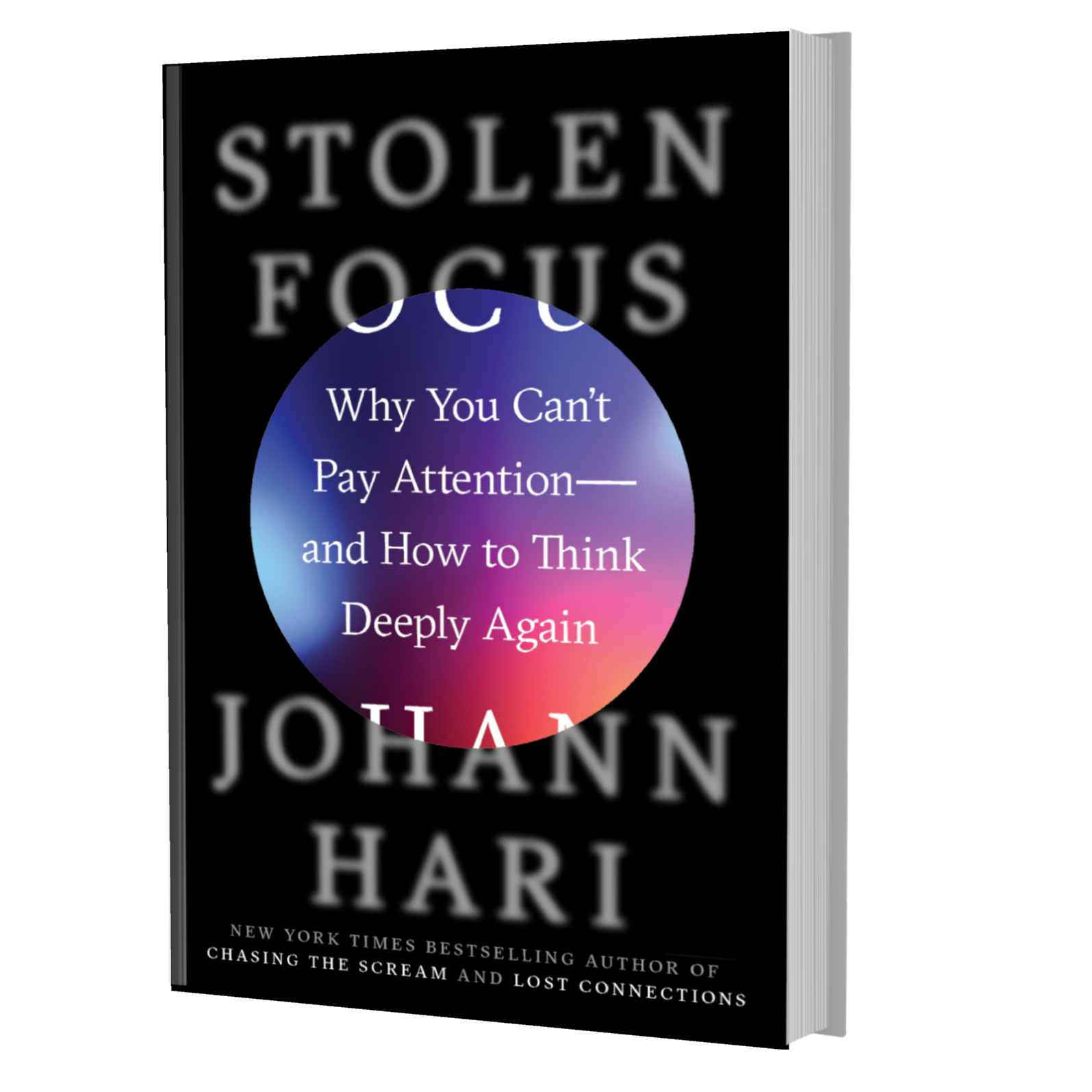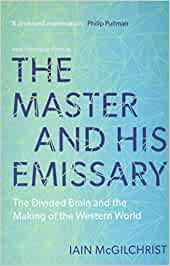SCRUM Lab#SC03: Books Project
Lab
📘 SCRUM Lab#SC03: Books Project
This Group Project Laboratory on Human Behavior applied to SCRUM is to facilitate a comprehensive exploration and understanding of key concepts from four influential books on human behavior and psychology.
- Students will read, comprehend, and collaboratively synthesize key concepts.
- Each group will then present their understanding of the books, fostering a rich discussion on human behavior, intelligence, morality, and success mindset.
This laboratory aims to enhance critical thinking, communication skills, and a deeper understanding of the intricacies of human behavior.
1 Introduction
The goal of the Group Project Laboratory is to facilitate a comprehensive exploration and understanding of key concepts from four influential books on human behavior and psychology.
Agile students must grasp human behavior intricacies as it directly impacts collaborative work.
Understanding why individuals act as they do and the dynamics influencing their decisions is pivotal for effective teamwork, communication, and adaptability—core tenets of Agile methodologies.
Insight into psychological aspects fosters empathy, facilitating better collaboration and conflict resolution. Agile success hinges on recognizing and responding to the diverse motivations, perspectives, and behaviors within a team, enabling an environment that thrives on continuous improvement and iterative progress.
In essence, comprehending human dynamics empowers Agile practitioners to navigate challenges, enhance team cohesion, and optimize project outcomes.
Through collaborative reading, analysis, and presentation, students are expected to:
- Comprehend Core Ideas: Develop a deep understanding of the central themes presented in each book, focusing on societal status dynamics, cognitive biases, moral and political differences, and the psychology of success.
- Effective Communication: Enhance communication skills by articulating and presenting the core concepts of the assigned book to the group and, subsequently, to the class. Emphasize clarity, coherence, and engagement.
- Critical Thinking: Encourage critical thinking by analyzing and synthesizing information from diverse perspectives. Explore the implications of the authors’ ideas on human behavior, decision-making, and personal development.
- Collaboration: Foster teamwork and collaboration within groups. Encourage an exchange of ideas, insights, and interpretations, promoting a shared understanding of the material.
- Application of Knowledge: Discuss how the insights gained from these books can be applied to real-world scenarios. Encourage students to connect the theories presented in the literature to practical situations.
2 Books
In this collaborative learning environment, students will delve into four impactful books, extracting and presenting core ideas.
- “The Status Game: On Social Position and How We Use It” by Will Storr: Explore how societal hierarchies influence behavior. Analyze Storr’s insights on the role of status in shaping human interactions.
- “The Intelligence Trap: Why Smart People Make Dumb Mistakes” by David Robson: Investigate the cognitive biases and pitfalls that smart individuals may encounter. Present strategies to avoid common errors highlighted by Robson.
- “The Righteous Mind: Why Good People Are Divided by Politics and Religion” by Jonathan Haidt: Examine the psychological foundations of moral and political differences. Discuss Haidt’s Moral Foundations Theory and its implications for societal harmony.
- “Mindset: The New Psychology of Success” by Carol S. Dweck: Uncover the concept of fixed vs. growth mindsets. Share how mindset influences learning, effort, and achievement.
“Stolen Focus: Why You Can’t Pay Attention” by Johann Hari: Investigate the impact of modern distractions on attention spans. Examine strategies for reclaiming focus in a world full of interruptions.
“The Master and His Emissary: The Divided Brain and the Making of the Western World” by Iain McGilchrist: Delve into the intricate relationship between the brain’s hemispheres. Explore McGilchrist’s thesis on how this division shapes human culture and civilization.





